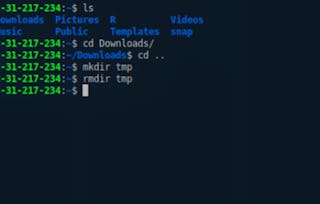This course features Coursera Coach!
A smarter way to learn with interactive, real-time conversations that help you test your knowledge, challenge assumptions, and deepen your understanding as you progress through the course. Mastering the Linux command line can significantly enhance your productivity and proficiency in managing systems. In this comprehensive course, you'll gain hands-on experience with a variety of commands, tools, and techniques, allowing you to navigate the Linux environment confidently. You'll not only understand fundamental commands but also learn how to use advanced features to streamline your workflow and perform complex tasks with ease. You'll begin by understanding the Linux architecture, shell basics, and file system organization. After learning about the core Linux structure, you'll move on to mastering essential commands such as cd, ls, and cp, and how to use redirection, piping, and file manipulation commands. As you progress, you will gain familiarity with editing files using the vi editor, performing text processing with filters, and using regular expressions. The course also dives into process management, job scheduling, and handling user accounts and permissions. You'll be able to seamlessly switch between users, manage permissions, and work with process IDs (PIDs). Later sections explore the usage of tools like tar for archiving, cron for scheduling, and SSH for secure connections, giving you a full spectrum of tools to enhance your Linux experience. This course is ideal for anyone looking to master the Linux command line, including system administrators, developers, and IT professionals. No prior experience with Linux is required, making it suitable for both beginners and those looking to sharpen their skills.














